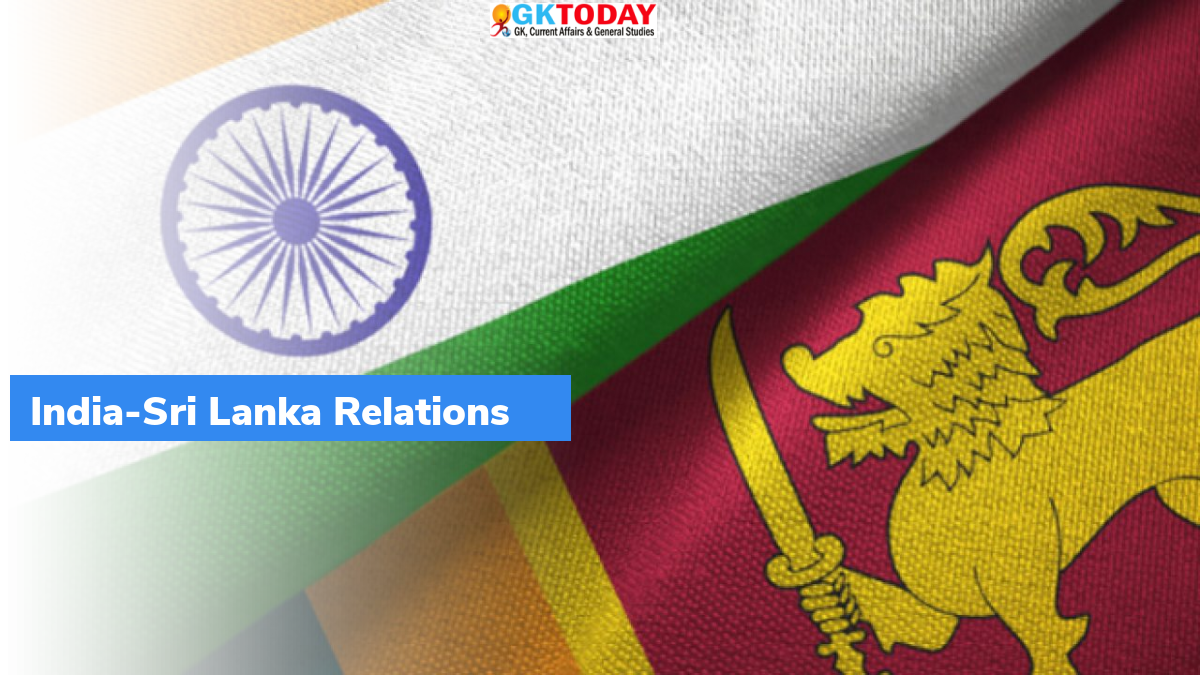India’s Stand on Implementation of 13A in Sri Lanka
In 1987, India and Sri Lanka signed an agreement to implement the 13th amendment of the Sri Lankan constitution. According to the agreement, the Sri Lankan Government will provide powers to the Tamil community in the country. Recently, External Affairs Minister Jai Shankar declared that India ponders the implementation of 13A “CRITICAL”. According to India, 13A is essential for the Sri Lankan Government to reconcile with the Tamil community in the country.
What is 13A?
13A is the 13th amendment of the Sri Lankan constitution. It will give more power to the Tamil people in the country. Tamilians are the minority in the country of Sri Lanka. The Tamil community in the country is demanding a separate state. In 1987, with the Indian Union Government’s efforts, the Sri Lankan Government agreed to increase the powers of Tamilians in the country through 13A. However, 13A was not implemented.
Why 13A?
The root cause of the issue dates back to British rule. During the British period, the Tamilians were powerful in the country. Tamilians constituted only 11% of the Sri Lankan population and the Sinhalese constituted 11.2%. After the British left the island in 1948, the pattern started changing. More Sinhalese were coming to power. Upcoming Sinhalese started disenfranchising the Tamilians. This led to the formation of the Liberation Tigers of Tamil Eelam, that is, LTTE in 1976. Fights between LTTE and the Sri Lankan Government reached their peak in 1983. This is when India started interfering. And in 2009, the war ended with the Sri Lankan Army killing the LTTE leader. Though the war ended, the condition of Tamilians in the country has meagerly improved. They are still facing discrimination. This is why India is making statements yet again.
Month: Current Affairs - January, 2023
Category: International / World Current Affairs • Legal & Constitution Current Affairs


